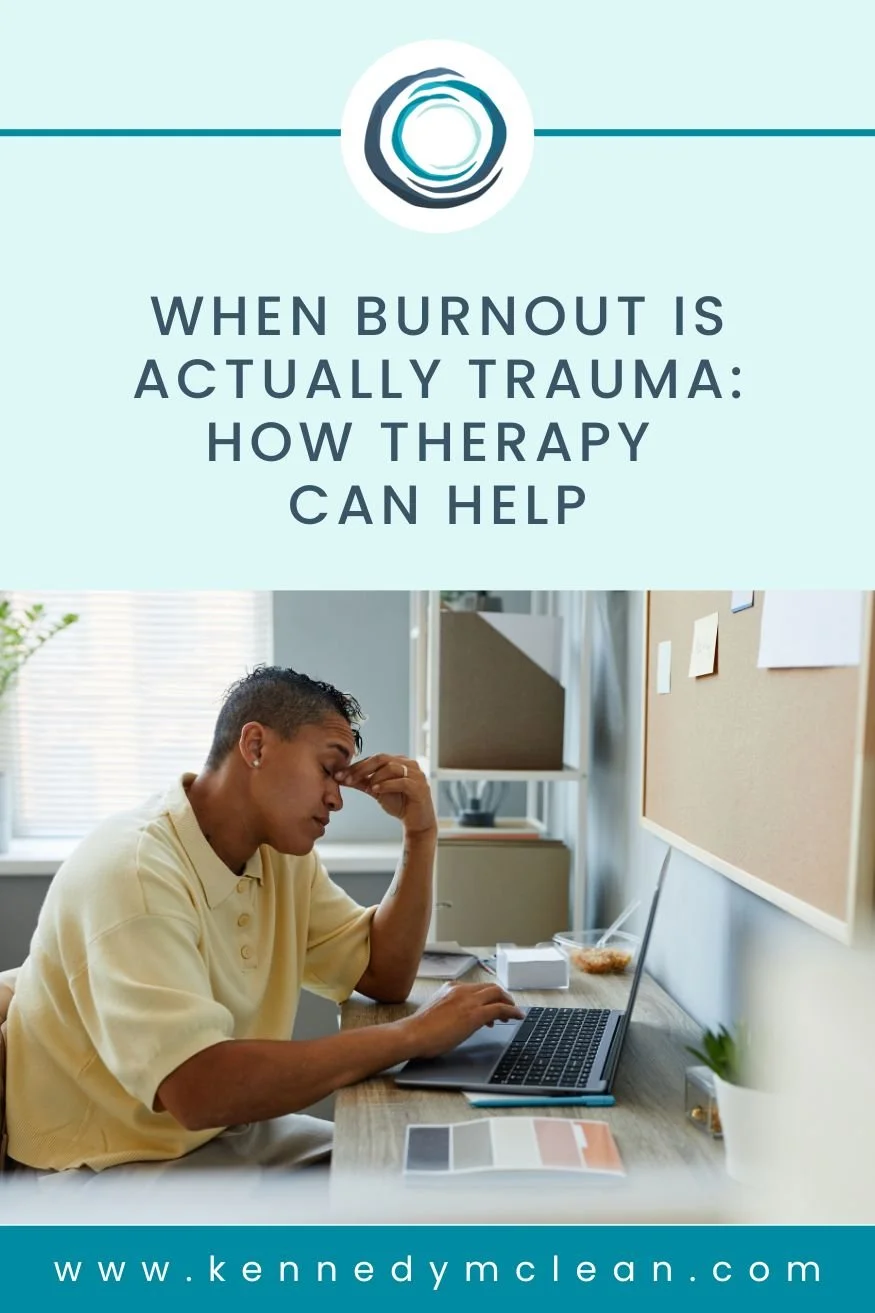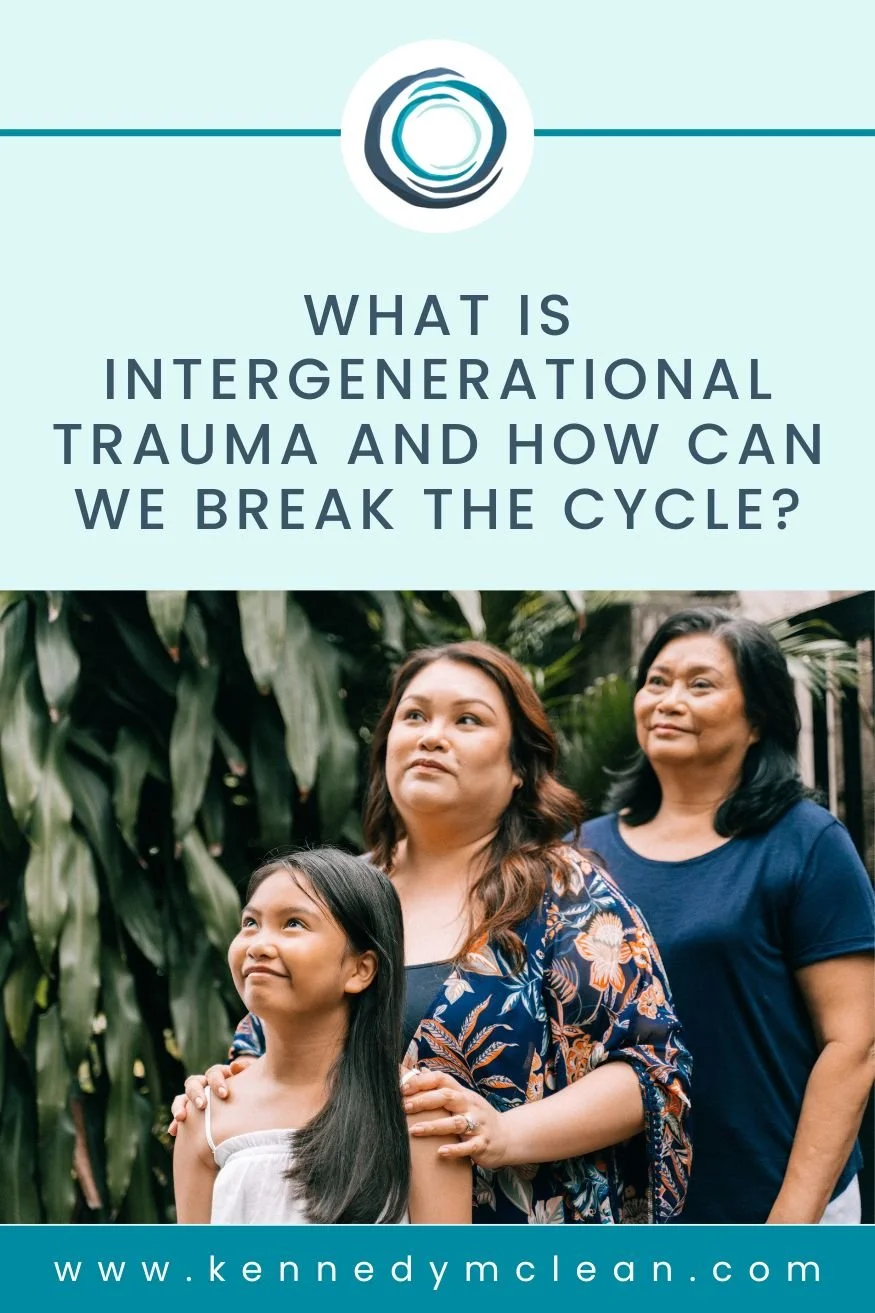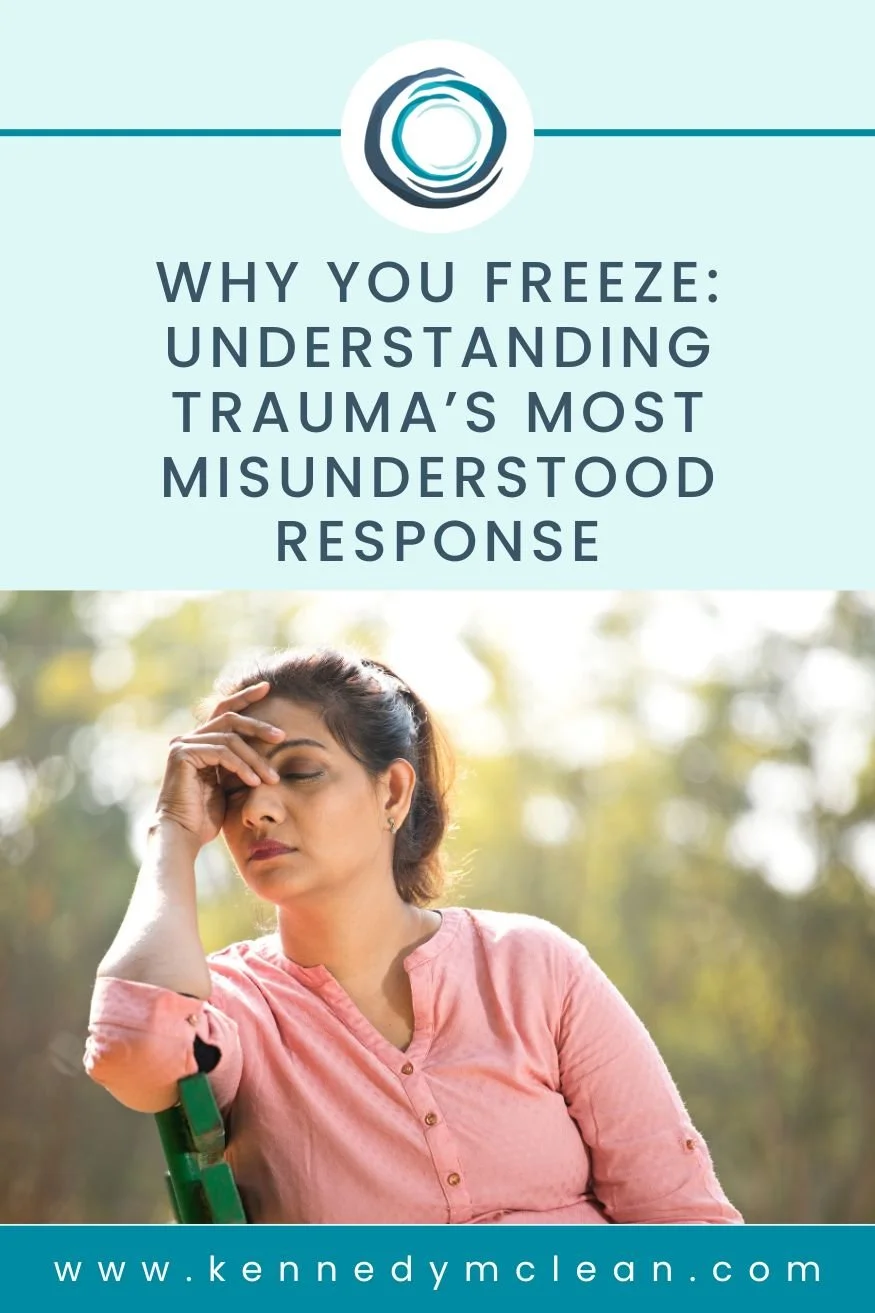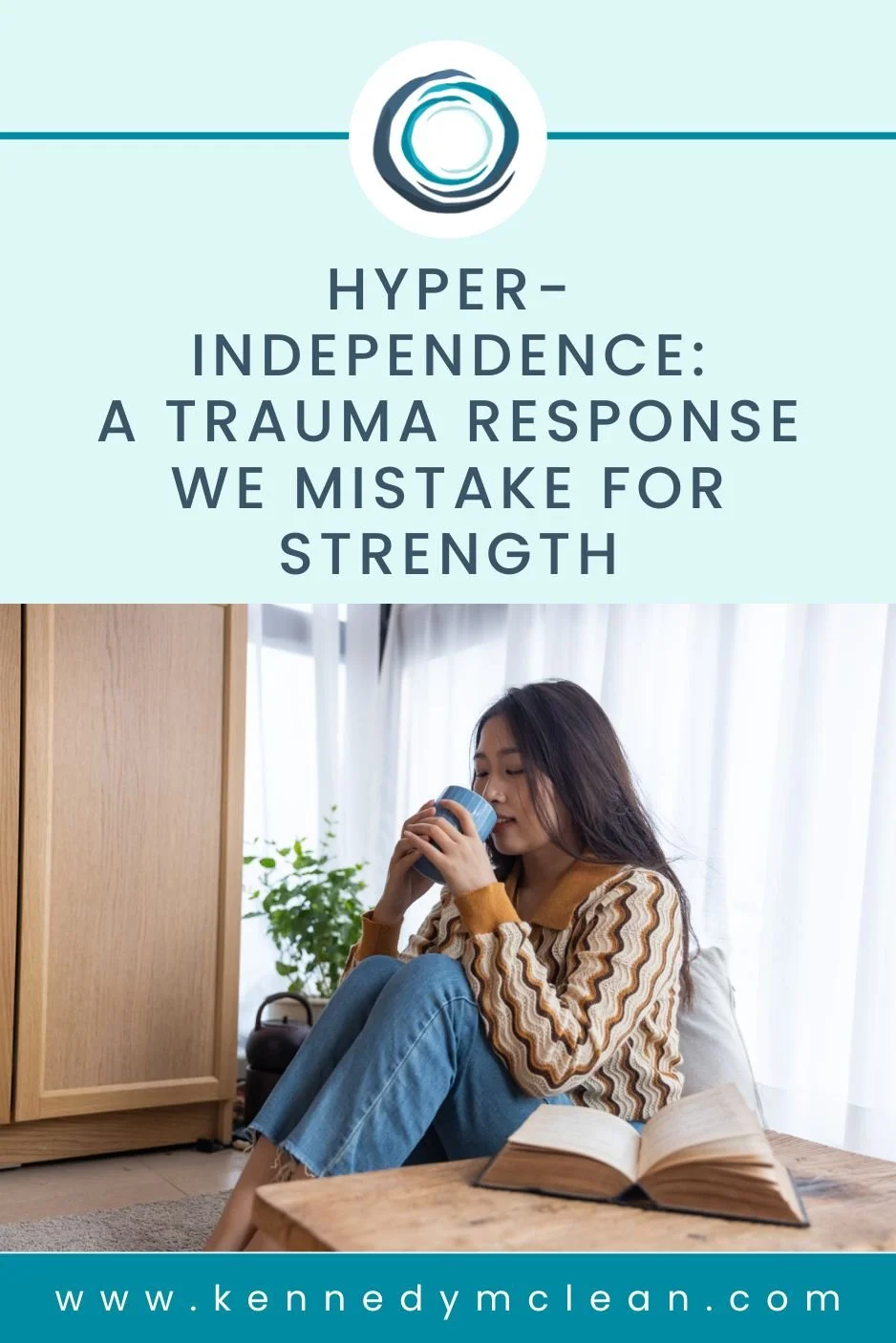Blog
When Burnout is Actually Trauma: How Therapy Can Help
Trauma Therapy for burnout supports adults who feel disconnected and overwhelmed. This blog explains how stress may be rooted in deeper emotional patterns.
What is Intergenerational Trauma and How Can We Break the Cycle?
Explore how generational trauma affects emotions, relationships, and the body. Understand the symptoms and how therapy can help shift inherited patterns.
Why You Freeze: Understanding Trauma’s Most Misunderstood Response
Living with freeze response trauma can feel confusing. This guide explains what it is, why it happens, and how trauma-informed counselling can support nervous system healing.
Hyper-Independence: A Trauma Response We Mistake for Strength
Hyper-independence trauma can feel like strength, but it often hides emotional exhaustion. Understand where it starts and how small changes can lead to lasting relief.
The Importance of Shared Goals and Values in Relationships
Shared goals in relationships support long-term compatibility. Learn how to reconnect your values, plan a shared future, and build lasting emotional trust.
How Complex Trauma Shows Up in Relationships (and What It Means for You)
Complex trauma in relationships can leave lasting emotional patterns. This post brings clarity to why it happens and how small shifts can support safer, healthier connections.
The Benefits of Premarital Counselling for Lasting Marriages
Explore the benefits of premarital counselling, including its support for emotional closeness, healthy communication, and practical planning.
How Early Wounds Shape Adult Relationships: Understanding Attachment Trauma:
Understand how attachment trauma from childhood can shape adult relationships and emotional patterns, and what steps you can take to feel more secure and connected today.
Why the Nervous System Holds the Key to Trauma Recovery
Understand how nervous system dysregulation and the vagus nerve affect your body after trauma. Learn how to support your body and begin a gentler trauma recovery process.
How to Navigate Cultural Differences in Relationships
Gain insight for couples navigating cultural differences in relationships, from managing tension to building shared values and reconnecting through therapy.
How PTSD Affects Relationships: A Guide for Partners
PTSD can affect every part of a relationship. Learn practical ways to support a partner with PTSD and build a resilient, understanding partnership.
Understanding Codependency and Substance Use in Relationships
Gain insights into the complex relationship between substance use and codependency and the real-life implications for those involved focusing on healing.
What is Complex Trauma? Understanding and Recovery
Learn how complex trauma affects emotional regulation, self-worth, and trust. Find practical strategies to support healing and build healthier relationships.
Rebuilding Emotional Intimacy – A Guide for Couples
Are you struggling with emotional intimacy issues with your partner? Explore proven techniques for intimacy recovery and trust-building in your relationship.
How Therapy Can Help You Thrive Through Life Transitions
Big life changes can feel overwhelming. Learn how therapy for life transitions can help you manage stress, build resilience, and adapt with confidence.
7 Conflict Resolution Strategies to Strengthen Your Relationship
Healthy conflict resolution can bring you closer as a couple. Explore 7 actionable strategies and techniques to navigate disagreements and rebuild trust.
Adapting to Life Changes: How Therapy Can Build Resilience
Life transitions don’t have to be overwhelming. Learn how therapy can help guide you through change, build resilience, and improve emotional well-being.
Rebuilding Trust: How Couples Counselling Can Help Heal After an Affair
Healing after infidelity is possible. Discover how couples counselling helps rebuild trust, improve communication, and restore intimacy in your relationship.
Mastering Work-Life Balance: Proven Strategies for Burnout Prevention
Burnout can affect anyone, but it’s not inevitable. Explore how to balance work and family responsibilities while prioritizing your well-being and resilience.
The Impact of Attachment Styles on Couples
Understand how attachment styles affect couples and take steps to improve communication, intimacy, and trust in your relationship.




















